[About Mitsubishi A6M2b Zero fighter model 21]


Wikipedia
The Mitsubishi A6M2b Zero fighter (officially named "Type 0 carrier fighte") was a ship-based fighter operated by the Imperial Japanese Navy from the Sino-Japanese War through the Pacific War.
In 1937, the Imperial Japanese Navy presented a request for the Prototype 12-shi Carrier-based Fighter to manufacturers as a new fighter development plan to replace the Type 96 fighter.
The requirements were for a high level of speed, range, and aerodynamic performance. Mitsubishi and Nakajima Aircraft responded to the request and began designing the aircraft, but Nakajima dropped out midway through the project, leaving Mitsubishi to pursue the design alone.
Jiro Horikoshi, who had also designed the Type 96 fighter, was in charge of the design. Horikoshi thoroughly designed the aircraft to reduce weight and aerodynamic drag in order to meet the Navy's requirements.
The prototype was completed in 1939 and made its first flight on April 1.
Horikoshi's design was a success, and the prototype performed to the Navy's requirements. After making minor improvements, the prototype was officially adopted as the "Type Zero Fighter Type 11" in 1940.
The Type 11 was immediately deployed to the Chinese front and achieved spectacular results.
However, the Type 11 was not equipped with a landing hook and wing folding mechanism, making it difficult to operate on aircraft carriers. In 1940, the Type 21, equipped with wing folding mechanisms and landing hooks, was officially adopted.
The Type 21 was completed as a shipboard fighter and was deployed in the Pacific War, beginning with the attack on Pearl Harbor, and supported the air superiority of the Imperial Japanese Navy in the early stages of the war.
It is said that 3,561 Type 21s were produced before the production of its real successor, the Type 52, began to take off.
[About the work]
Autorolling can occur. I did a lot of research, but the cause was not clear. If you experience auto roll, adjust the roll by operating the aileron trim lever on the left hand side of the cockpit.
The cockpit is roughly reproduced.
I have not verified this because I do not have Simple Planes VR. Sorry.
[Controls]


[Screenshots]







2023/7/3
Specifications
Spotlights
- pancelvonat 1.8 years ago
- Zott 1.8 years ago
- RicardoACE 1.8 years ago
- ShinyGemsBro 1.8 years ago
- Bryan5 1.8 years ago
- Sergio666 1.8 years ago
- WinsWings 1.8 years ago
- HuskyDynamics01 1.8 years ago
General Characteristics
- Successors 4 airplane(s) +35 bonus
- Created On Android
- Wingspan 38.9ft (11.9m)
- Length 29.8ft (9.1m)
- Height 11.2ft (3.4m)
- Empty Weight 4,844lbs (2,197kg)
- Loaded Weight 6,310lbs (2,862kg)
Performance
- Horse Power/Weight Ratio 0.149
- Wing Loading 21.7lbs/ft2 (105.9kg/m2)
- Wing Area 290.9ft2 (27.0m2)
- Drag Points 2503
Parts
- Number of Parts 642
- Control Surfaces 11
- Performance Cost 2,407

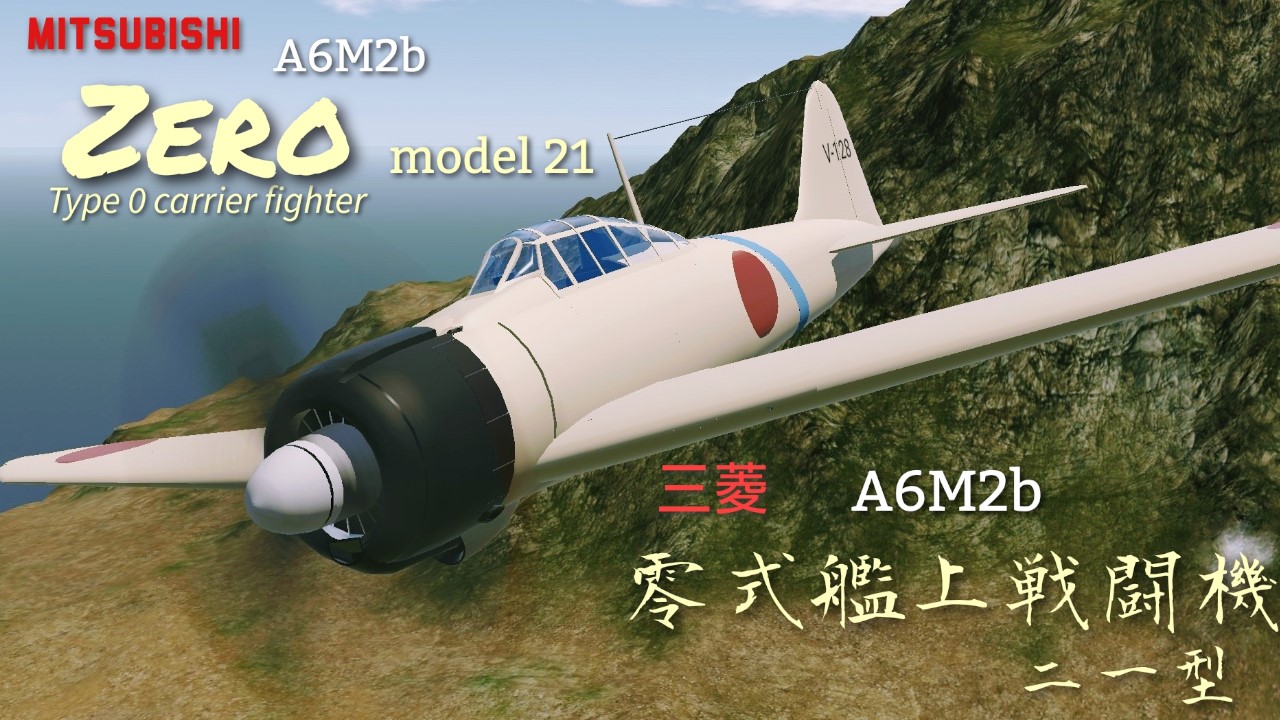
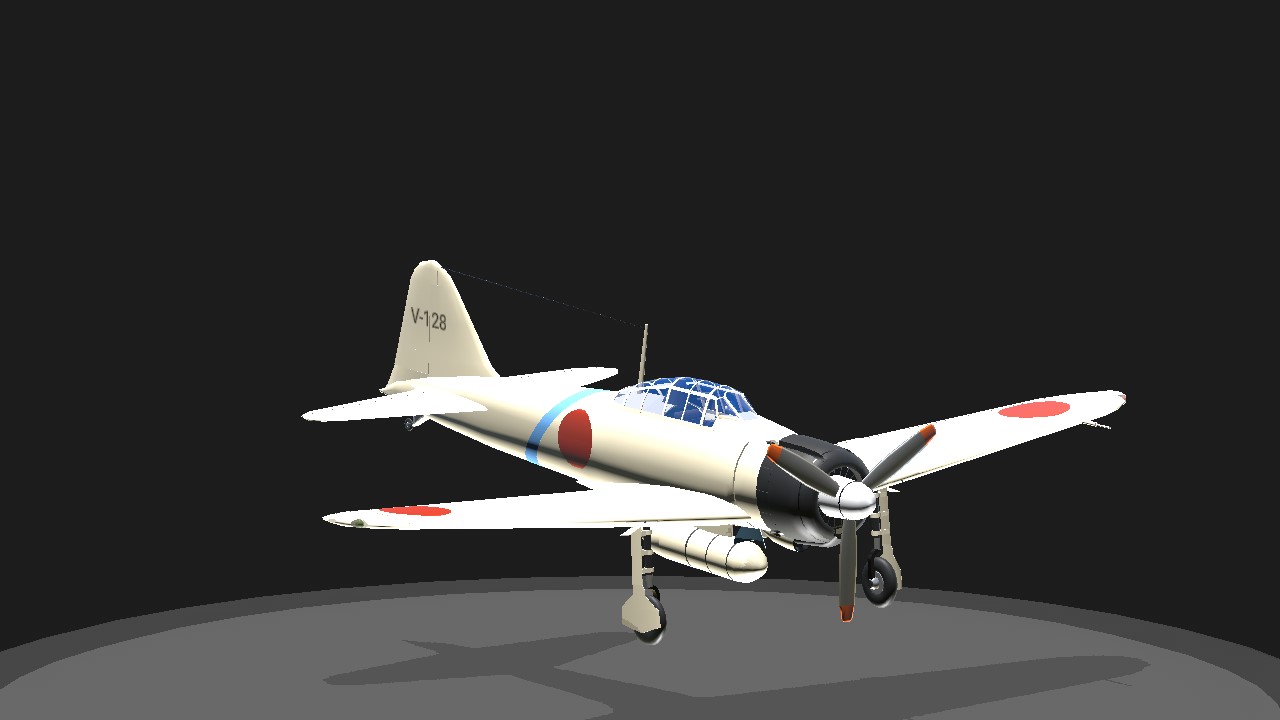
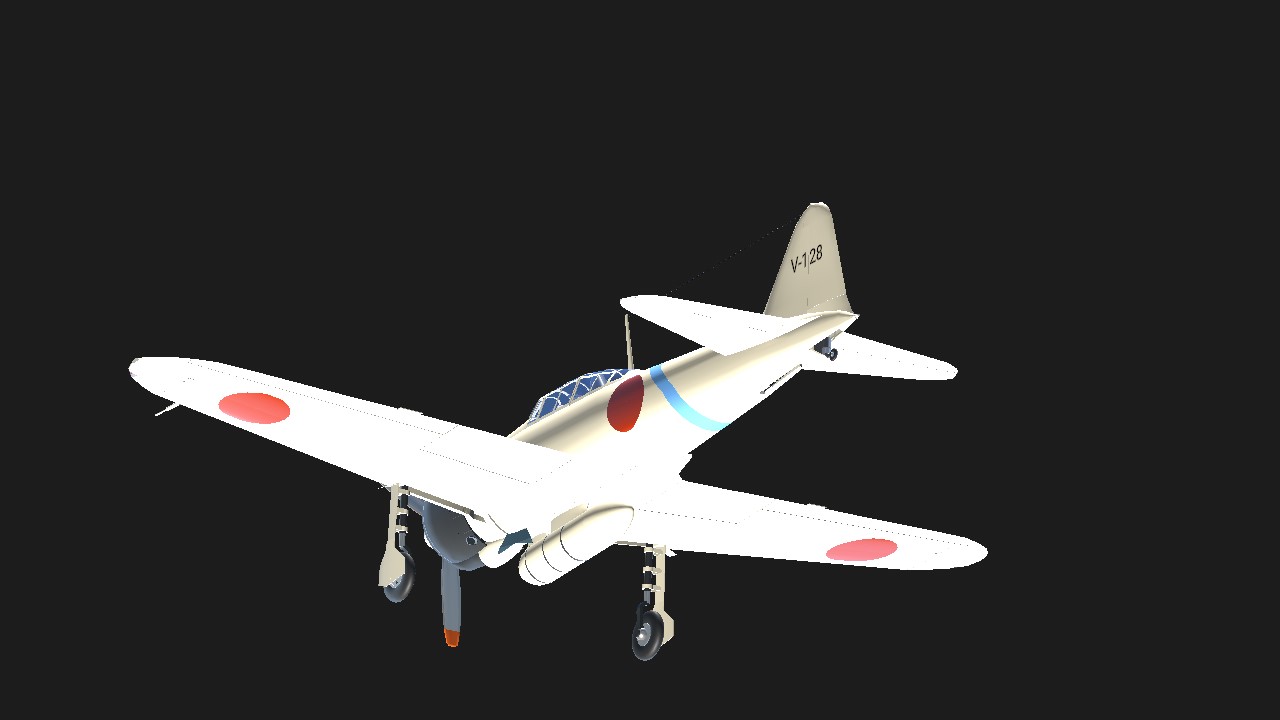
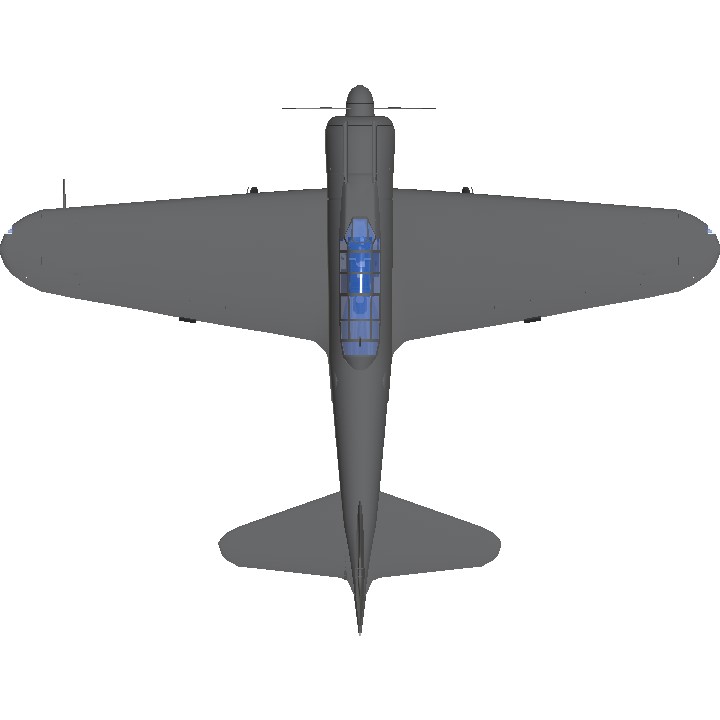
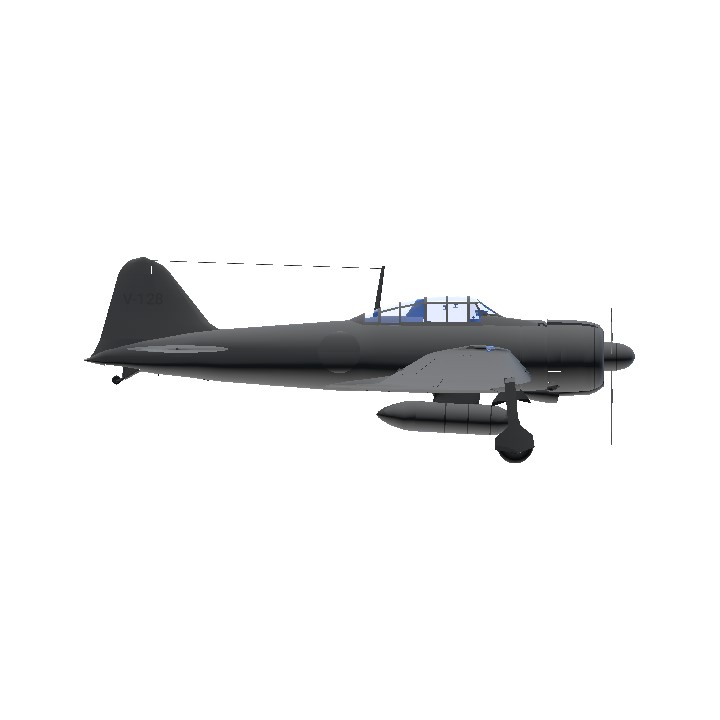
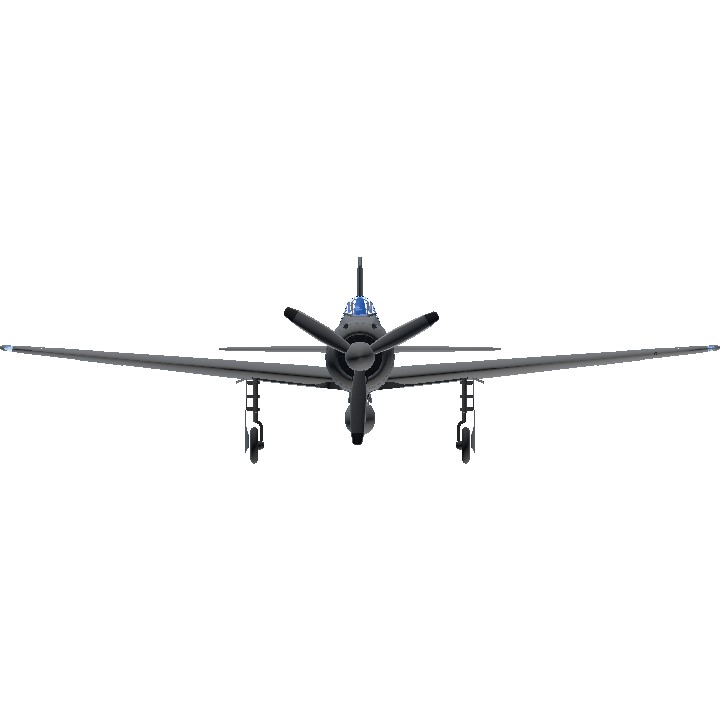
Is this only me? It's hard not to loose control while taking off
I'll see if I can find it on spvr so I can test it👍
PBM-3?
Can you make Dornier Do 335 please
我想要做视频用这架飞机可以吗?
Hehe funny plane go brr into funny ship
@XxRxX
Thanks :)
@Noplane
Thank you very much. I will continue to do my best to grow, even if only a little bit :)
lovely
You really are improving every time I see a build
@L0RR3B0RR3
Thank you. I am glad to hear you say so.
@WinsWings
Thank you very much! :)
Wow, this is a rly well made plane
TENNO HEIKA
B A N Z A I ! ! ! ! ! ! ! ! ! !
another great build
Pov your in a Japanese plane: hey look there's a boat
@HoshimachiSuiseiMyBeloved hey bro you know that all of them weren't kamikaze.
Time to do kamikaze style